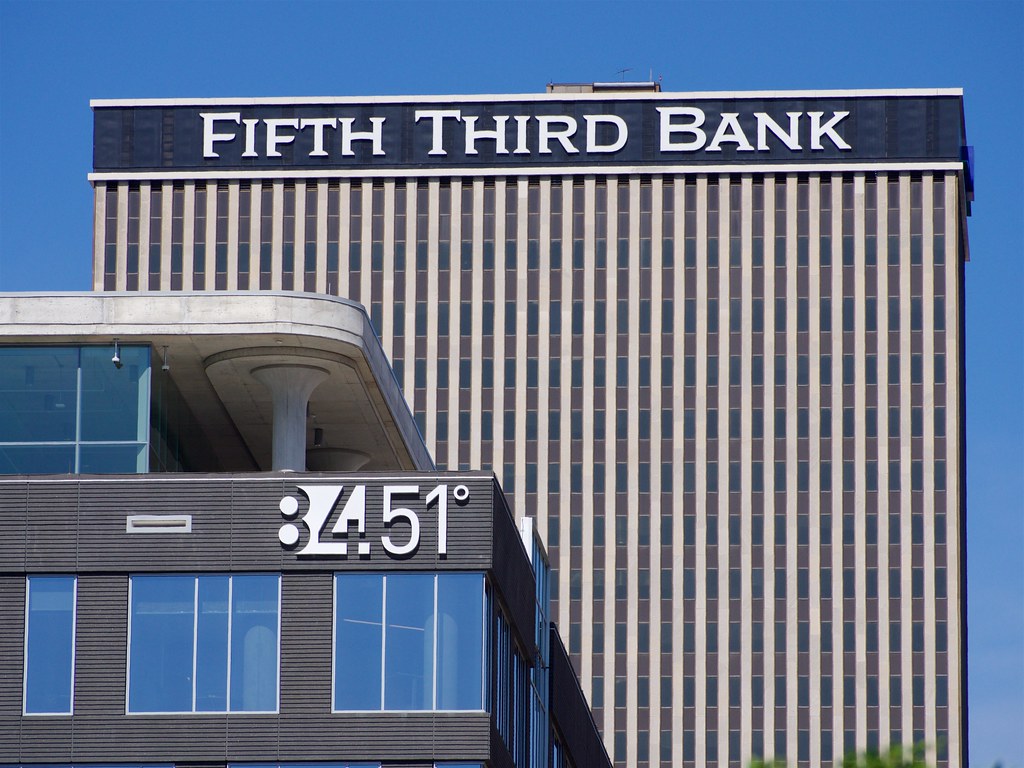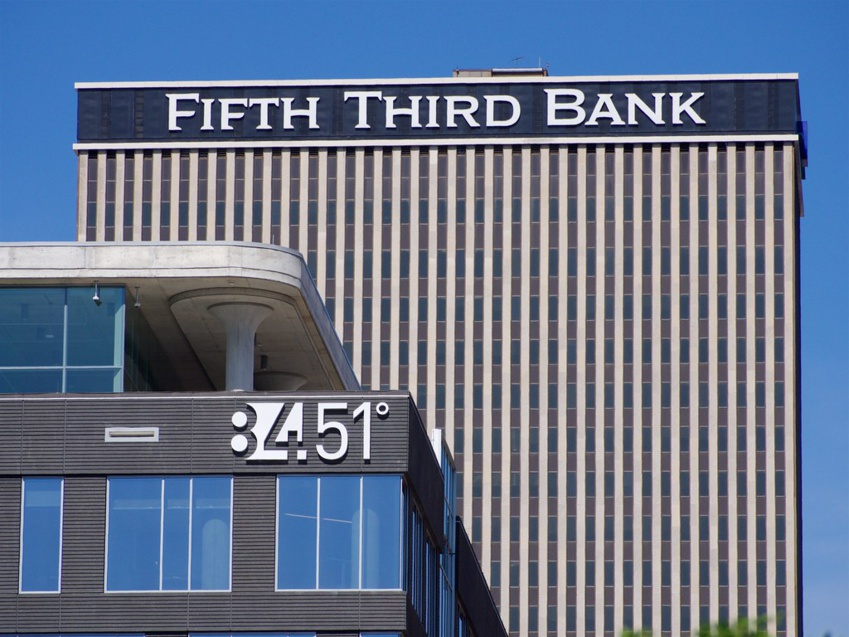Fifth Third's enterprise-wide approach to climate-related risk management is directly overseen by its Board of Directors, which is responsible for overseeing its corporate governance, strategy and risk, including climate-related risks and opportunities.
In carrying out the duties, the Board has delegated duties to the following committees: Corporate Governance Committee to oversee governance matters, including ESG-related commitments, issues and Strategies; Risk and Compliance Committee to monitor and oversee risks, including climate-related risks. Audit Committee to oversee management's financial reporting and audit functions, including climate-related disclosures.
In 2017, Fifth Third identified climate-related risk as an “emerging” risk in 2017. Since then, the bank has updated its enterprise risk management framework to define climate risk for the bank, physical risk as well as transition risk. These have been incorporated into every type of risk to describe how climate risks could affect inherent or residual risks.
Social Risks Upstream: Third Parties and Suppliers Fifth Third relies on third parties for a variety of products and services to support operations, as well as the successful delivery of products and services to customers. The bank’s Supplier Code of Conduct sets expectations related to ethics, human rights, labor and environmental standards across its supplier network.
Suppliers must uphold these responsible business practices by promoting the same standards among their next tier suppliers.
They are also expected to comply with the content of this Code along with all applicable laws, regulations and standards of the states and countries in which they reside and do business. Suppliers may be required to provide written acknowledgment that they have read, understood and complied with the terms of this Code.
Downstream: Customers Recognizing the increasing environmental risks inherent in the energy sector, in 2013 the bank introduced an environmental risk assessment component for new loan facilities. In addition to risks such as the management of emissions to water and air by the customer, it also assess social risks such as occupational safety and social commitment.
In 2020 Fifth Third published its Environmental and Social Policy, which identified sectors that pose the greatest environmental and social risks.
The policy, updated at least annually and approved by its Board, provides guidance to clients in sectors and activities that are prohibited or subject to enhanced client due diligence and may require more intensive review and approval by a managerial leader.
Fifth Third's climate risk program supports business units with regular training for its frontline employees who are primarily responsible for identifying and assessing risks, including environmental and social risks, inherent in their businesses.
As of March 31, 2022, the bank reviewed 78 customer relationships in industries with increased environmental and social risks, which therefore require increased due diligence. Valuations were mainly focused on customers from the energy sector. Almost two-thirds of these clients already have internal ESG policies in place and almost 50% have public ESG statements.
In carrying out the duties, the Board has delegated duties to the following committees: Corporate Governance Committee to oversee governance matters, including ESG-related commitments, issues and Strategies; Risk and Compliance Committee to monitor and oversee risks, including climate-related risks. Audit Committee to oversee management's financial reporting and audit functions, including climate-related disclosures.
In 2017, Fifth Third identified climate-related risk as an “emerging” risk in 2017. Since then, the bank has updated its enterprise risk management framework to define climate risk for the bank, physical risk as well as transition risk. These have been incorporated into every type of risk to describe how climate risks could affect inherent or residual risks.
Social Risks Upstream: Third Parties and Suppliers Fifth Third relies on third parties for a variety of products and services to support operations, as well as the successful delivery of products and services to customers. The bank’s Supplier Code of Conduct sets expectations related to ethics, human rights, labor and environmental standards across its supplier network.
Suppliers must uphold these responsible business practices by promoting the same standards among their next tier suppliers.
They are also expected to comply with the content of this Code along with all applicable laws, regulations and standards of the states and countries in which they reside and do business. Suppliers may be required to provide written acknowledgment that they have read, understood and complied with the terms of this Code.
Downstream: Customers Recognizing the increasing environmental risks inherent in the energy sector, in 2013 the bank introduced an environmental risk assessment component for new loan facilities. In addition to risks such as the management of emissions to water and air by the customer, it also assess social risks such as occupational safety and social commitment.
In 2020 Fifth Third published its Environmental and Social Policy, which identified sectors that pose the greatest environmental and social risks.
The policy, updated at least annually and approved by its Board, provides guidance to clients in sectors and activities that are prohibited or subject to enhanced client due diligence and may require more intensive review and approval by a managerial leader.
Fifth Third's climate risk program supports business units with regular training for its frontline employees who are primarily responsible for identifying and assessing risks, including environmental and social risks, inherent in their businesses.
As of March 31, 2022, the bank reviewed 78 customer relationships in industries with increased environmental and social risks, which therefore require increased due diligence. Valuations were mainly focused on customers from the energy sector. Almost two-thirds of these clients already have internal ESG policies in place and almost 50% have public ESG statements.


 Fifth Third bank releases its ESG Report
Fifth Third bank releases its ESG Report





 Companies
Companies